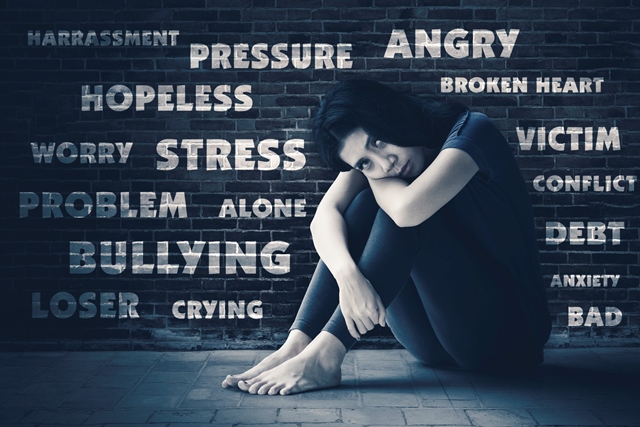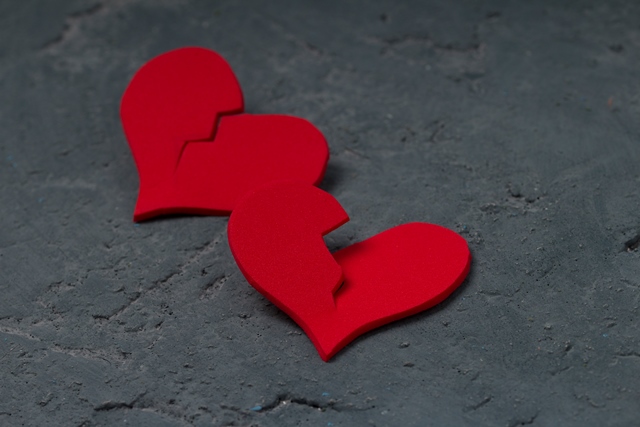Breakups can be particularly challenging because they often involve the loss of a significant emotional connection and the disruption of routines and plans that were intertwined with the relationship. This can lead to a range of emotional and physical impacts that vary from person to person. Here’s why breakups can be so hard and how they can impact you

Intimacy is fertile ground for enmeshment, where we can feel like our partner is an extension of ourselves. We find security and comfort in their presence, investing ourselves in the relationship. Losing them can mean losing a part of ourselves we’ve nurtured for long, creating a void that yearns to be filled again. The end of a relationship can bring challenges that take time to process and heal from, impacting us mentally and physically. It’s crucial to understand that this is a normal part of the healing process.

The Psychological Impact of a Breakup
A breakup can feel like a psychological amputation, triggering a range of conflicting emotions like guilt, self-doubt, relief, and loss. It can lead to self-esteem issues and a sense of failure. Coping involves acknowledging and allowing these emotions to surface rather than suppressing them. Remember, these feelings are temporary and will pass, albeit with time and self-compassion.
The Physical Impact of a Breakup
Breakups don’t just affect the mind; they also impact the body. Emotions experienced internally can manifest externally, leading to changes like sleep disturbances, appetite fluctuations, and heightened stress levels. These physical responses are part of the body’s natural reaction to emotional turmoil.
How to Second Marriage Can Bring Joy and Fulfillment
Tips for Moving On After a Breakup
- Allow Yourself to Feel: Acknowledge and accept your emotions, whether it’s sadness, anger, or relief.
- Take Time and Space: Healing isn’t linear; give yourself permission to grieve and heal at your own pace.
- Readjust and Adapt: Slowly reintegrate into your routine and environment, accepting the changes.
- Add New Activities: Explore new hobbies and interests to rediscover yourself and boost confidence.
- Seek Support: Lean on friends, family, or professionals for emotional support and guidance.
- Mind Social Media: Avoid using social media as a coping mechanism; focus on real connections.
- Practice Acceptance: Reflect on the relationship’s end with self-compassion and seek closure.
- Consider Professional Help: If needed, seek therapy or counseling to navigate complex emotions.

Commonly Asked Questions About Breakups
- Why Do Breakups Hurt? Breakups challenge our sense of connection and can lead to emotional upheaval.
- Can a Breakup Cause Depression? Yes, breakup-related sadness and loss can trigger depressive symptoms.
- How to Love Yourself Post-Breakup? Practice self-care, forgiveness, and surround yourself with positive support.
- What Are the Five Stages of a Breakup? Denial, Anger, Bargaining, Depression, and Acceptance, though healing isn’t linear.

Navigating a breakup is a personal journey, but with self-awareness, support, and time, you can emerge stronger and ready for new beginnings. Remember, it’s okay to seek help and take things one step at a time.




